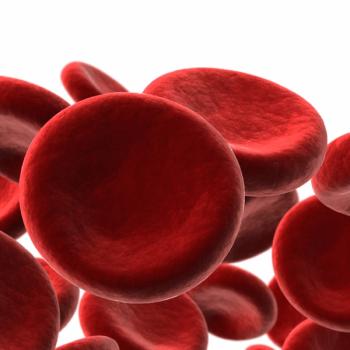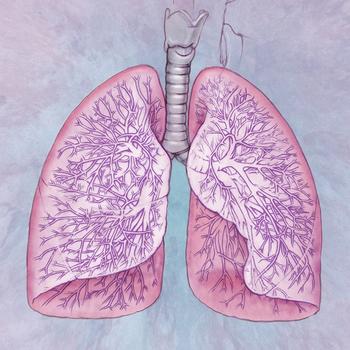
Inotuzumab ozogamicin was granted a priority review designation for patients with relapsed or refractory ALL.

Inotuzumab ozogamicin was granted a priority review designation for patients with relapsed or refractory ALL.

The Decipher test can be used to predict death and metastases in some patients with prostate cancer, according to findings that were recently presented.

Car T-Cell therapy is being explored in multiple approaches to treat hematologic malignancies.

The FDA granted Keytruda a priority review for the treatment of some patients with urothelial carcinoma.

In a recent study, Abraxane (nab-paclitaxel) and carboplatin reduced risk of progression or death in patients with triple-negative breast cancer.

A recent study found that Opdivo improves survival in patients with gastric or gastroesophageal junction (GEJ) cancer.

A Keytruda was recently granted a priority review to a supplemental biologics license application to treat patients with metastatic or advanced non-small cell lung cancer.

IMMU-132 had durable responses in patients with heavily pretreated triple-negative breast cancer, according to a recent study.

Recent studies found that for certain patients with CML, it is possible to safely reduce or stop TKI treatment.

A new combination, including the immunotherapy agent Keytruda, was shown to be highly effective in treating a subset of patients with myeloma.

CTL019, a CAR T-cell therapy, had a high response rate for young patients with relapsed/refractory ALL in a recent phase 2 study.

The combination of Opdivo and Yervoy is showing promise in the treatment of bladder cancer, according to a recent study.

The combination of lirilumab Opdivo proved to be effective for a subet of patients with head and neck cancer, according to a recent study.

The future of multiple myeloma treatment may be in immunotherapy combinations, according to Eric L. Smith, M.D., Ph.D.

Checkpoint inhibitors such as Opdivo and Yervoy are showing promise in treating MDS and AML.

According to a recent trial, an immunotherapy combination was shown to be effective in high-risk melanoma. But because of the high toxicity profile, more research is needed.

A new drug combination showed improved progression-free survival for patients with advanced melanoma, according to a recent study.

A cohort of patients with ovarian cancer saw survival benefit with niraparib in a recent phase 3 study.

Single-agent Keytruda improved survival rates for a group of patients with lung cancer, according to the results of a recent study presented at the 2016 European Society for Medical Oncology (ESMO) Congress.

Findings from a recent trial found that Kyprolis did not improve progression free survival (PFS) in transplant ineligible patients with newly diagnosed multiple myeloma.

Pacritinib decreased spleen size, but did not improve total symptom scores in a group of patients with myelofibrosis.

Arzerra was approved in combination with fludarabine and cyclophosphamide to treat patients with CLL.

Selumetinib plus docetaxel did not slow progression in lung cancer any more than docetaxel alone.

Opdivo failed to improve progression-free survival for patients with NSCLC in a recent study.

An accelerated FDA approval has been granted to the immunotherapy Keytruda for patients with recurrent or metastatic head and neck squamous cell carcinoma following progression on a platinum-containing chemotherapy.

The FDA granted ribociclib a breakthrough therapy designation for some patients with breast cancer.

As new therapies get approved and continue to be investigated, treatment for CLL is rapidly evolving.

A phase 3 study proved that Tagrisso can benefit some patients with NSCLC.

Neratinib reduced recurrence or death for some women with breast cancer, according to five-year data from a phase 3 trial.

Another biosimilar for Herceptin proved to have similar outcomes as the original drug for patients with breast cancer in a phase 3 trial.